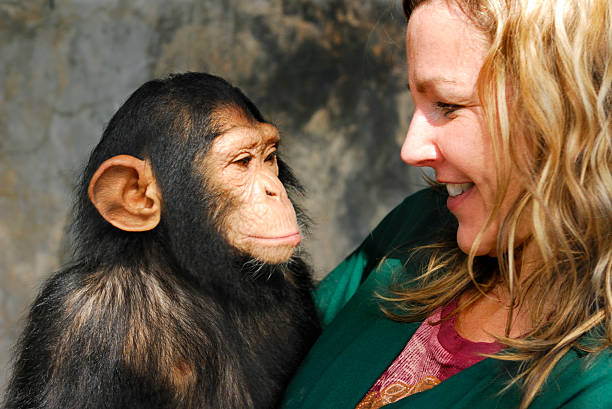The uniqueness of humans

The human brain is three times larger than the chimpanzee brain and organized in a way that has come to support a high level of consciousness. Humans owe their success to their uniquely developed ability to learn from others, social cooperation, and symbolic communication by means of language, which altogether became a prerequisite for culture.
The characteristics of human beings include their self-awareness, their abstract reasoning, their moral sense and apparent free will, their sense of beauty, and not least their sense of the holy and idea of God – the whole spiritual part of humans called the soul. Self-awareness makes human aware of themselves, their past, and their future, and is followed by death awareness. Religion has characterized all human cultures throughout history.
Ethics and will are unique features of humans – to do really good and really bad things. It involves self-sacrifice for the sake of strangers – but unfortunately also deliberately planning evil things.
Do we share 99 percent of our DNA with the chimpanzees? Yes, but this only has to do with the protein-coding genes. By far most of our DNA – 98 percent – contains the regulation and control of genes. Those sequences are at least as important as the protein-coding genes and have made humans the way they are – very different from chimpanzees.
It should not be surprising that humans share the majority of protein-coding genes and their protein products with chimpanzees and a lot of other animals. After all, they are mostly made of the same materials, such as skin, bones, muscles, and blood.
Just as we share 99 percent of protein-coding genes with the chimpanzee, we share 98 percent with the gorilla, 97 percent with the orangutan, 93 percent with the macaque monkey, 85 percent with the mouse, 60 percent with the chicken, and even 25 percent with the banana – reflecting human evolution.
So, are we 60 percent like chickens or 25 percent like bananas? Of course not. Neither are human beings 99 percent like chimpanzees. As Francis Collins noted: »The comparison of chimp and human sequences, interesting as it is, does not tell us what it means to be a human.«